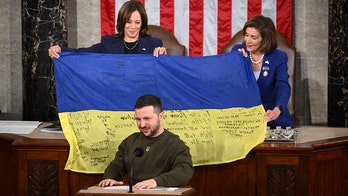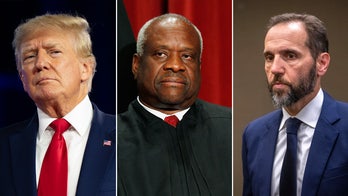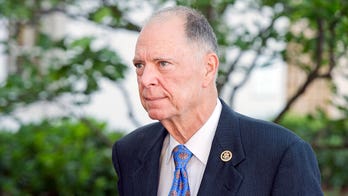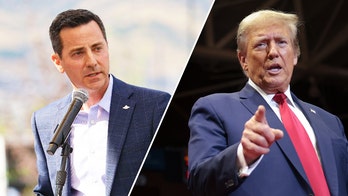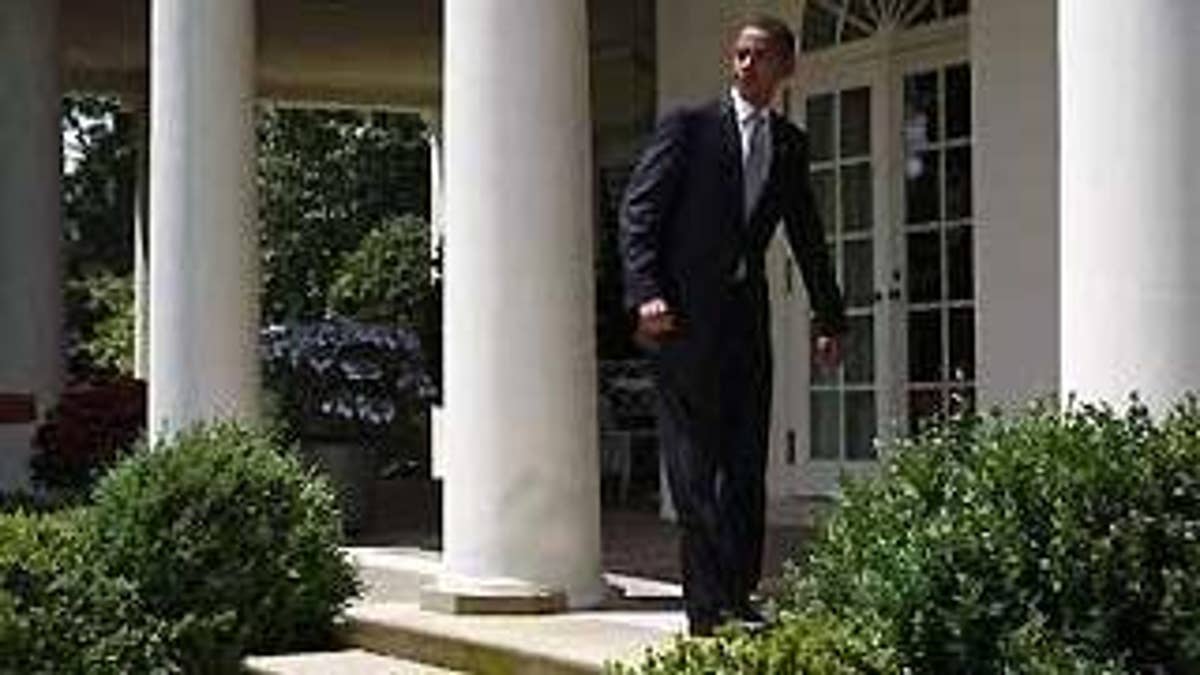
In a move that puts a cloud over transparency, White House officials are blocking access to the lists of the names of visitors to the White House.
The practice, carried over from the Bush administration, argues the public does not need to know who comes calling at the Executive Mansion, even for policy purposes.
"We are deeply disappointed," said Citizens for Responsibility and Ethics in Washington spokeswoman Anne Weismann, whose group is suing to get the records.
"The president, who has committed his administration to transparency and accountability, now takes the position of the Bush administration that the public is not entitled to know who visits the White House. These are not the actions of a pro-transparency administration," she said.
CREW requested the records through the Freedom of Information Act. The U.S. Secret Service denied the request, citing the presidential communications privilege.
CREW was requesting a list with logs of executives from coal companies. MSNBC was also denied a FOIA request asking for a list of every visitor to the White House since Inauguration Day, Jan. 20.
CREW received a letter from the Secret Service saying it was unable to provide the records due to pending litigation in the U.S. Court of Appeals for the District of Columbia that CREW already filed.
The letter goes on to say, "It is the government's position that the vast majority, if not all, of the records that would have to be searched to determine whether any records responsive to your request exist are not agency records subject to FOIA."
White House Press Secretary Robert Gibbs insisted Tuesday that the policy is still under review and reiterated that this has been going on longer than Obama has been in office, in fact, all the way back to 2006.
"The goal is, and I think the president underscored his commitment to transparency on his first full day in office," Gibbs said. "This is not a contest between this administration or that administration or any administration. It's to uphold the principle of open government."
In terms of organizations like CREW getting the access they want, Gibbs said certain meetings are meant to be private because the matters discussed are of "great national importance."
Groups like CREW argue it's of critical importance to know the names of White House visitors because those visitors could have a huge impact on all sorts of policy matters. Logs that were released in isolated cases in the past included records of visits by convicted lobbyist Jack Abramoff, who frequently visited the Bush White House, and those involved in "filegate" in the Clinton era, when FBI files of 900 Republicans were found in the White House.

